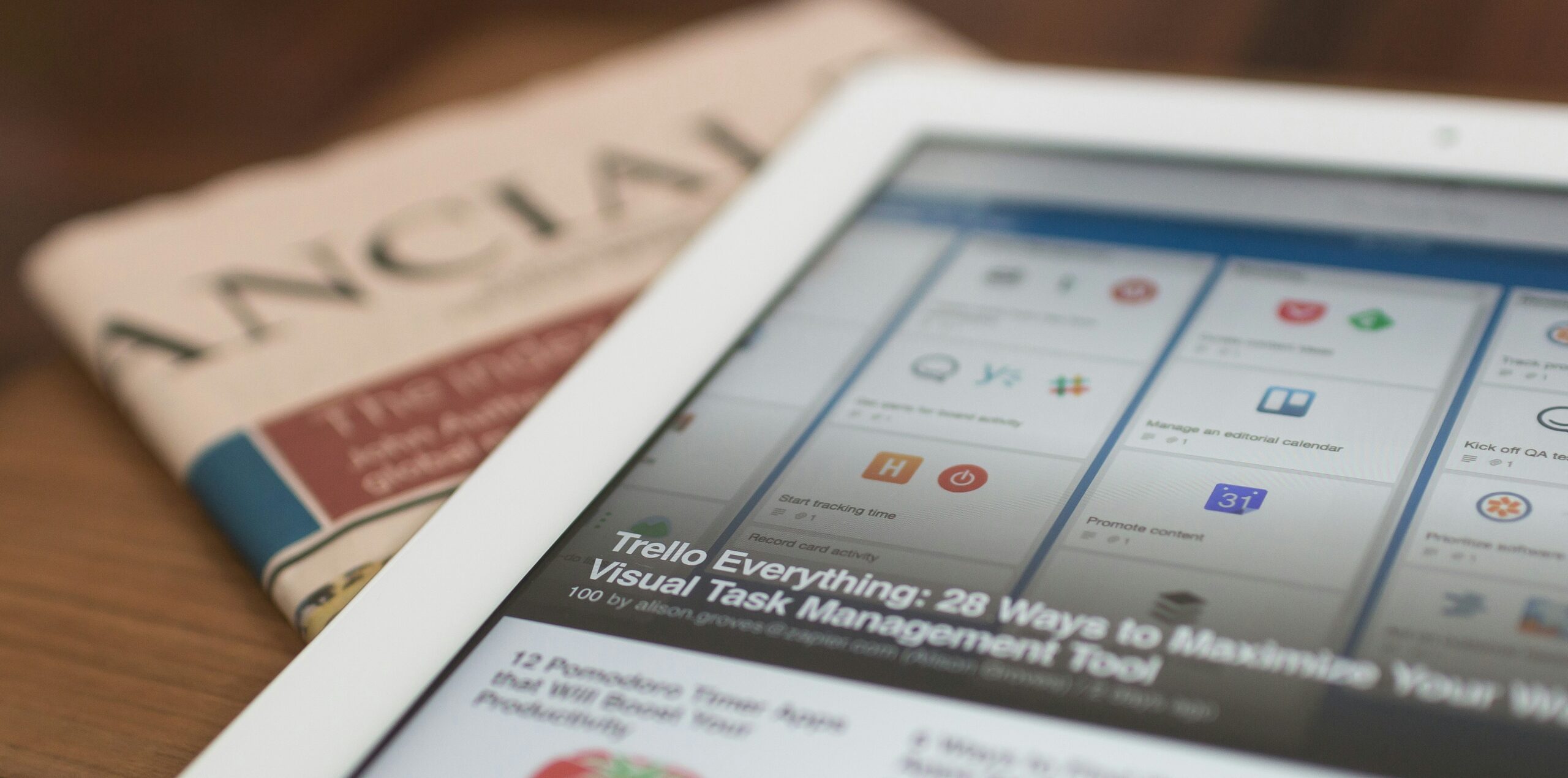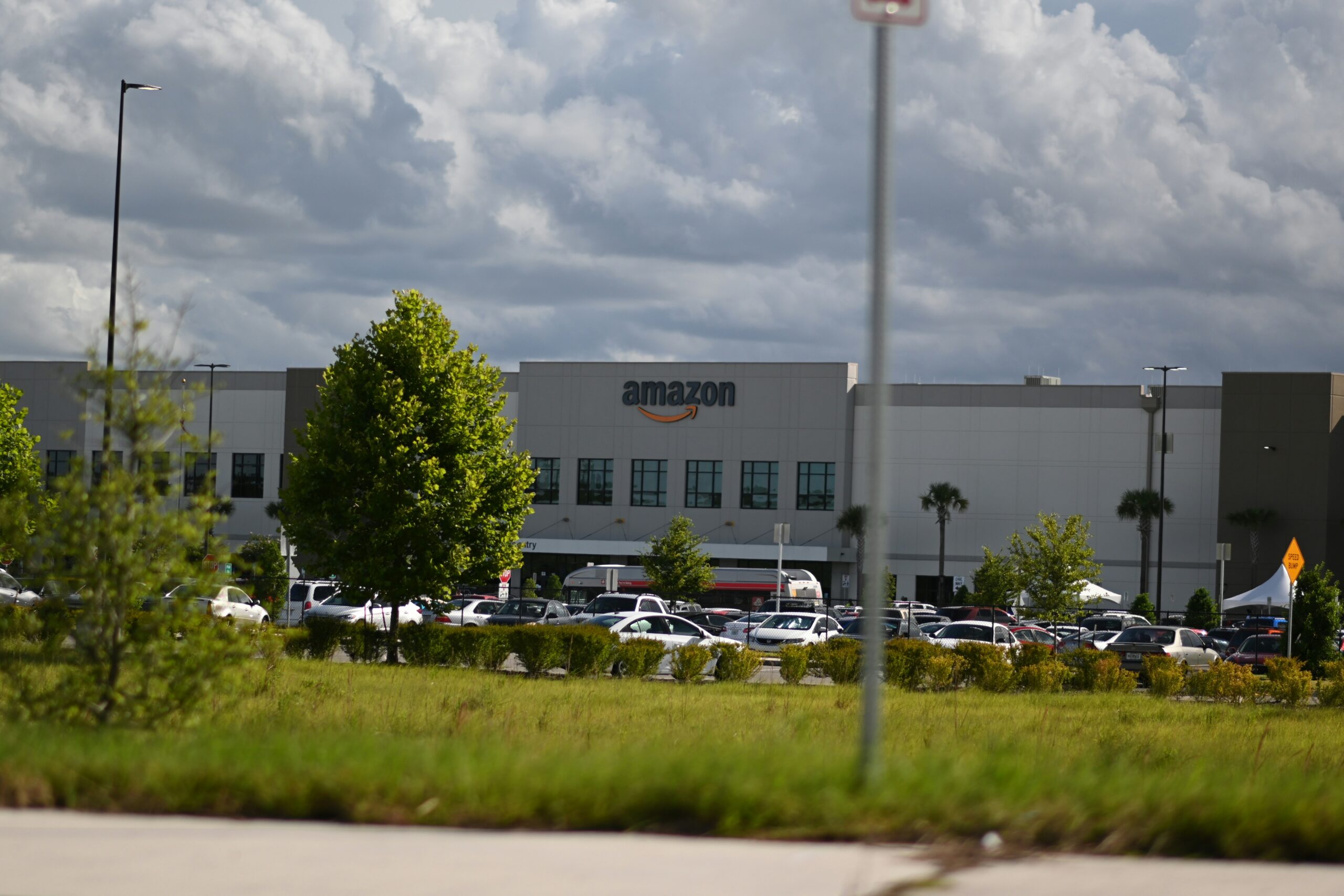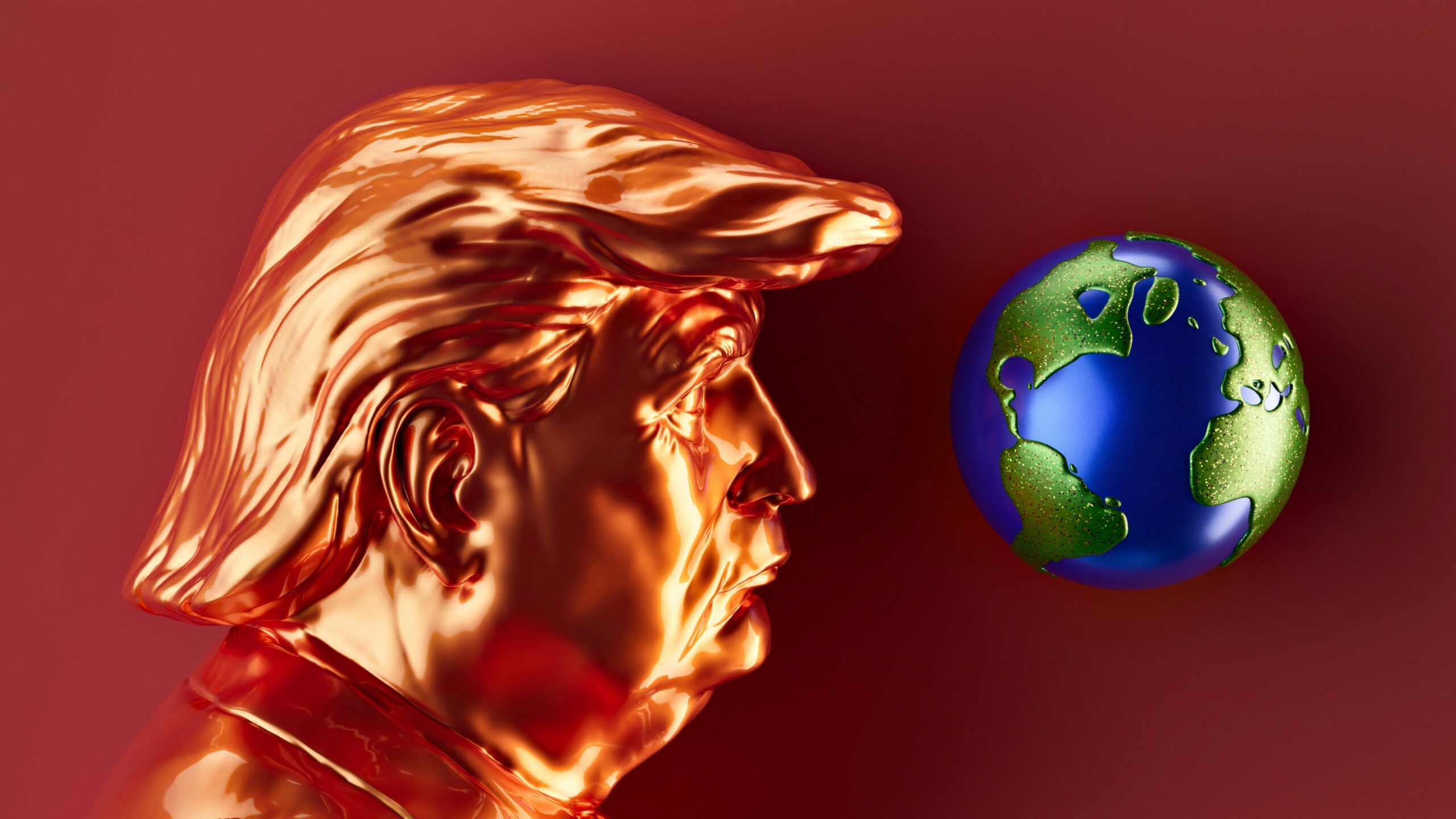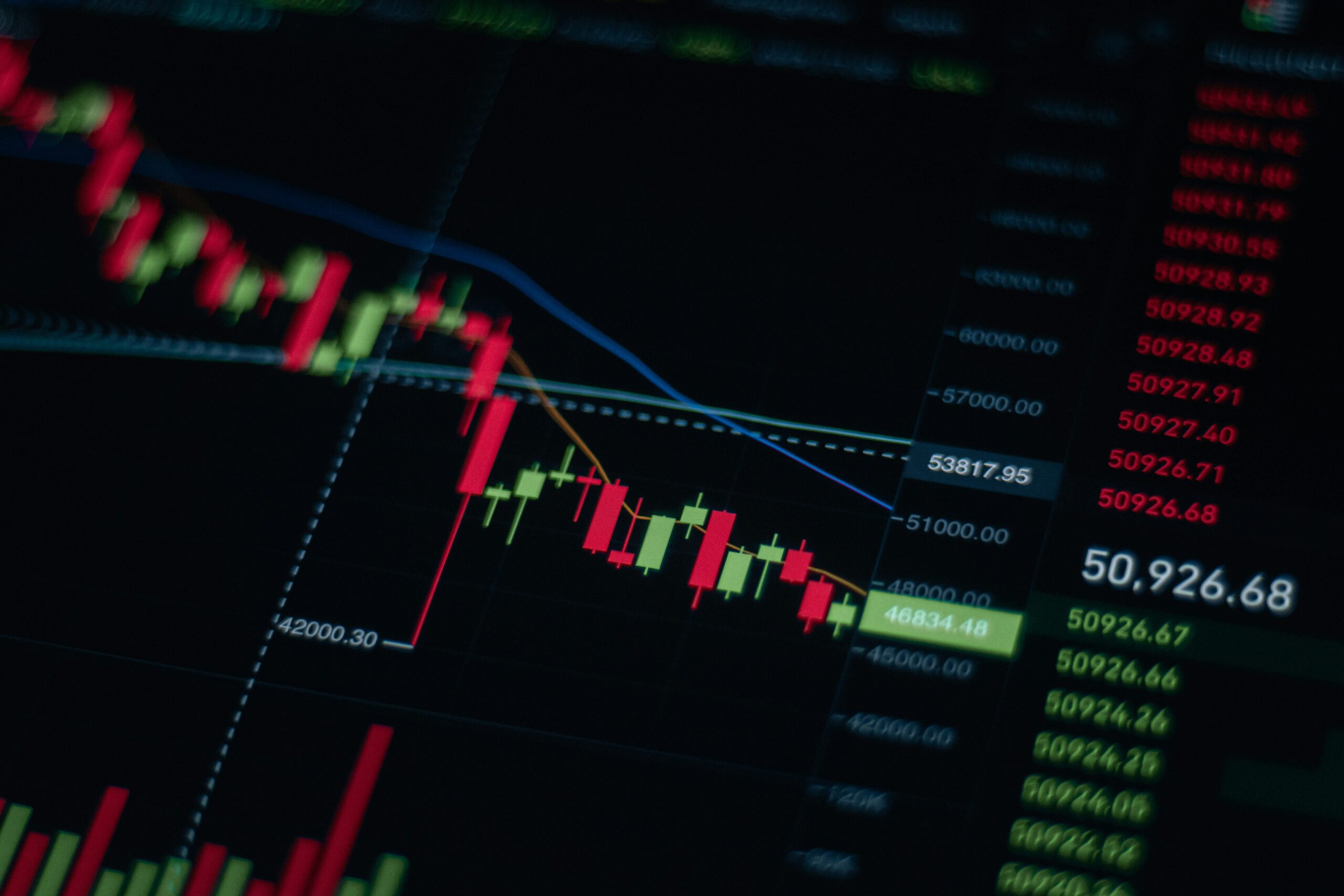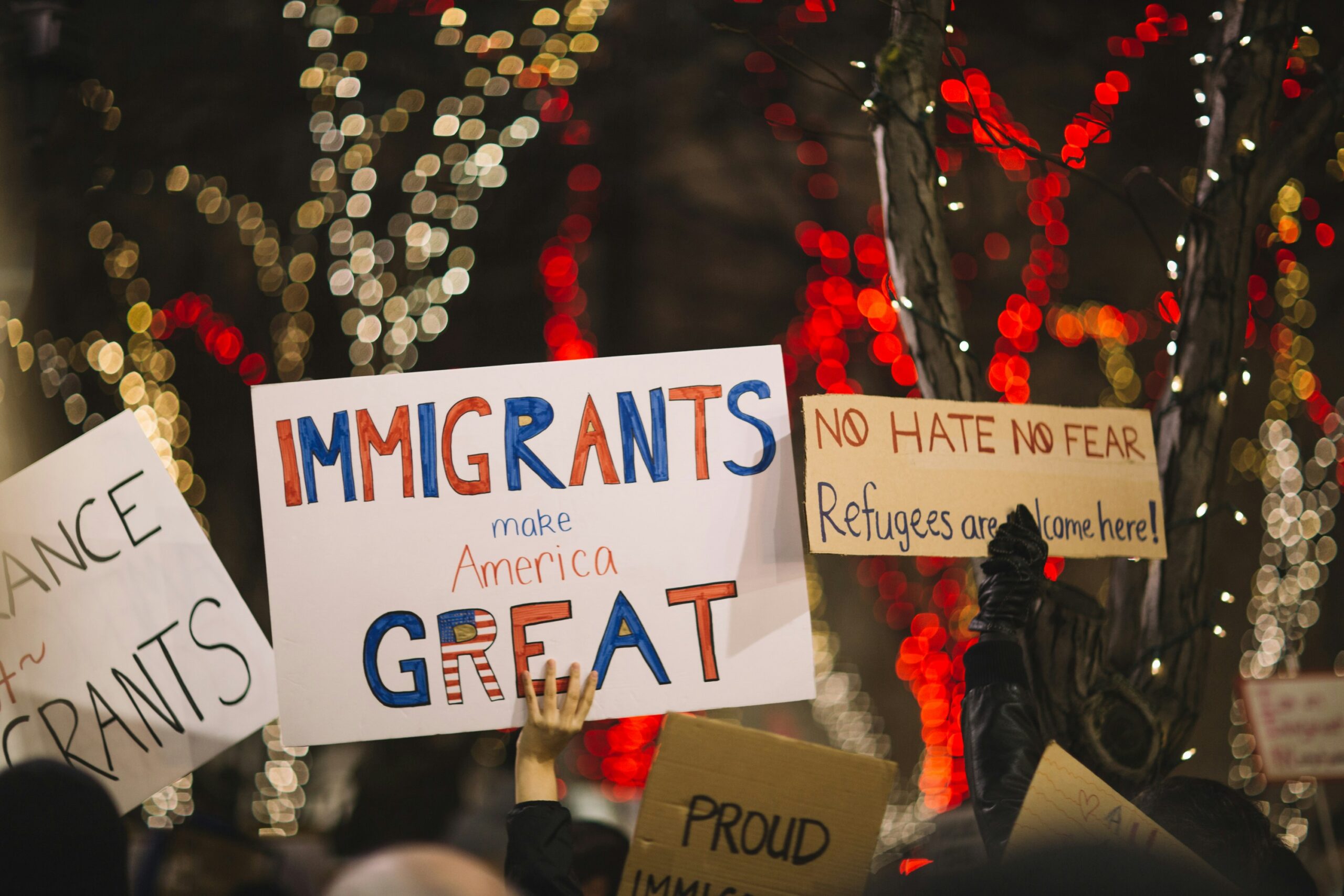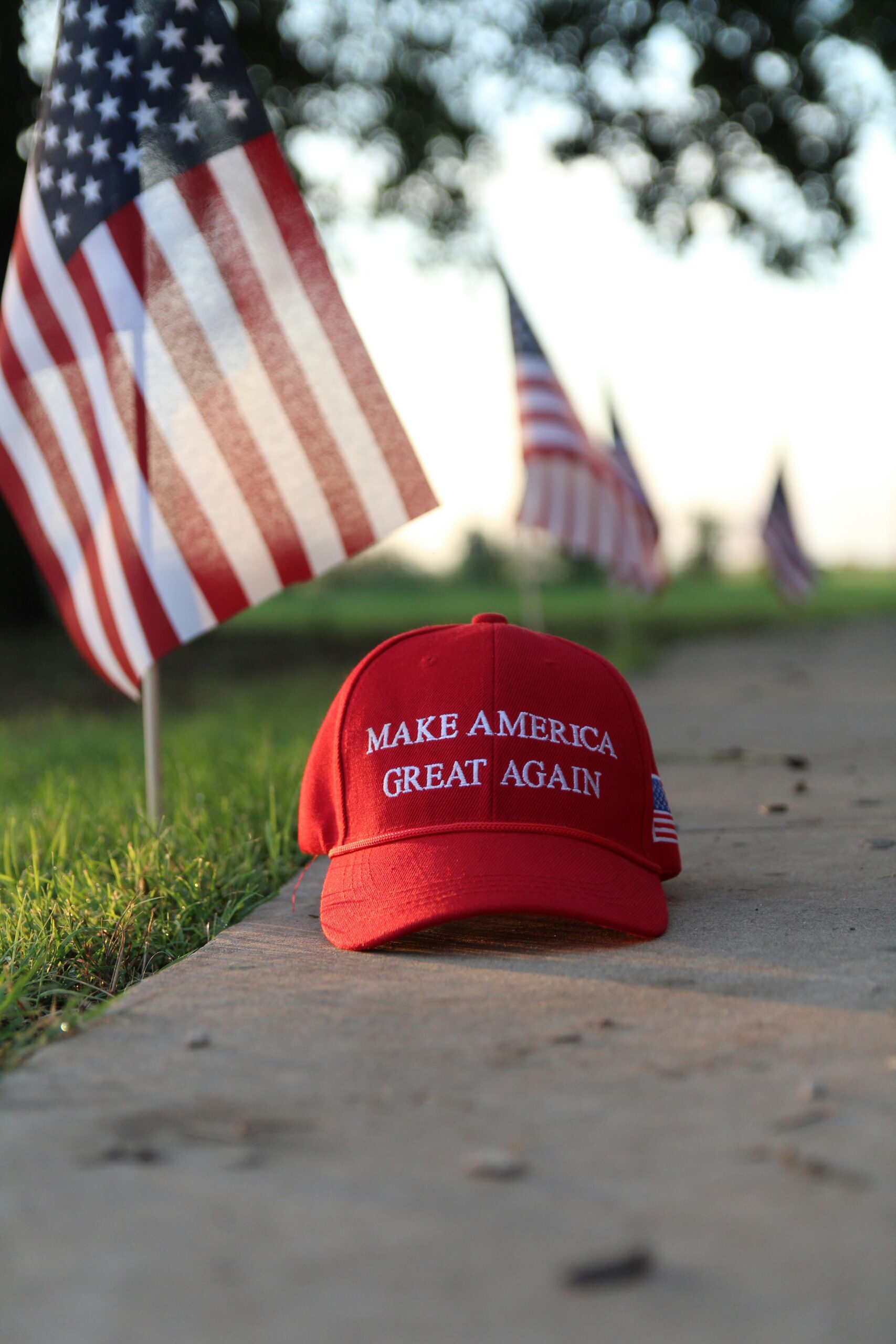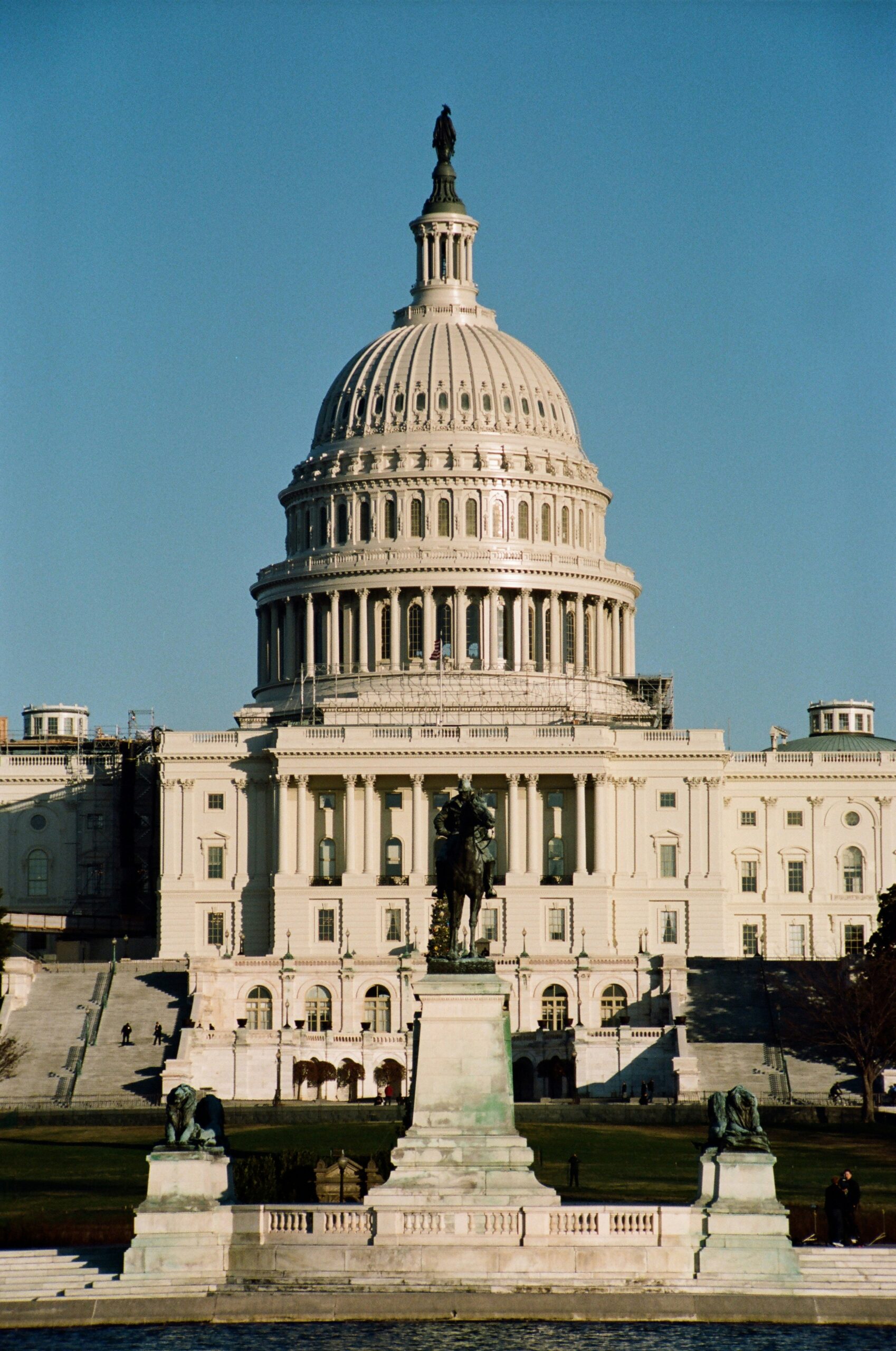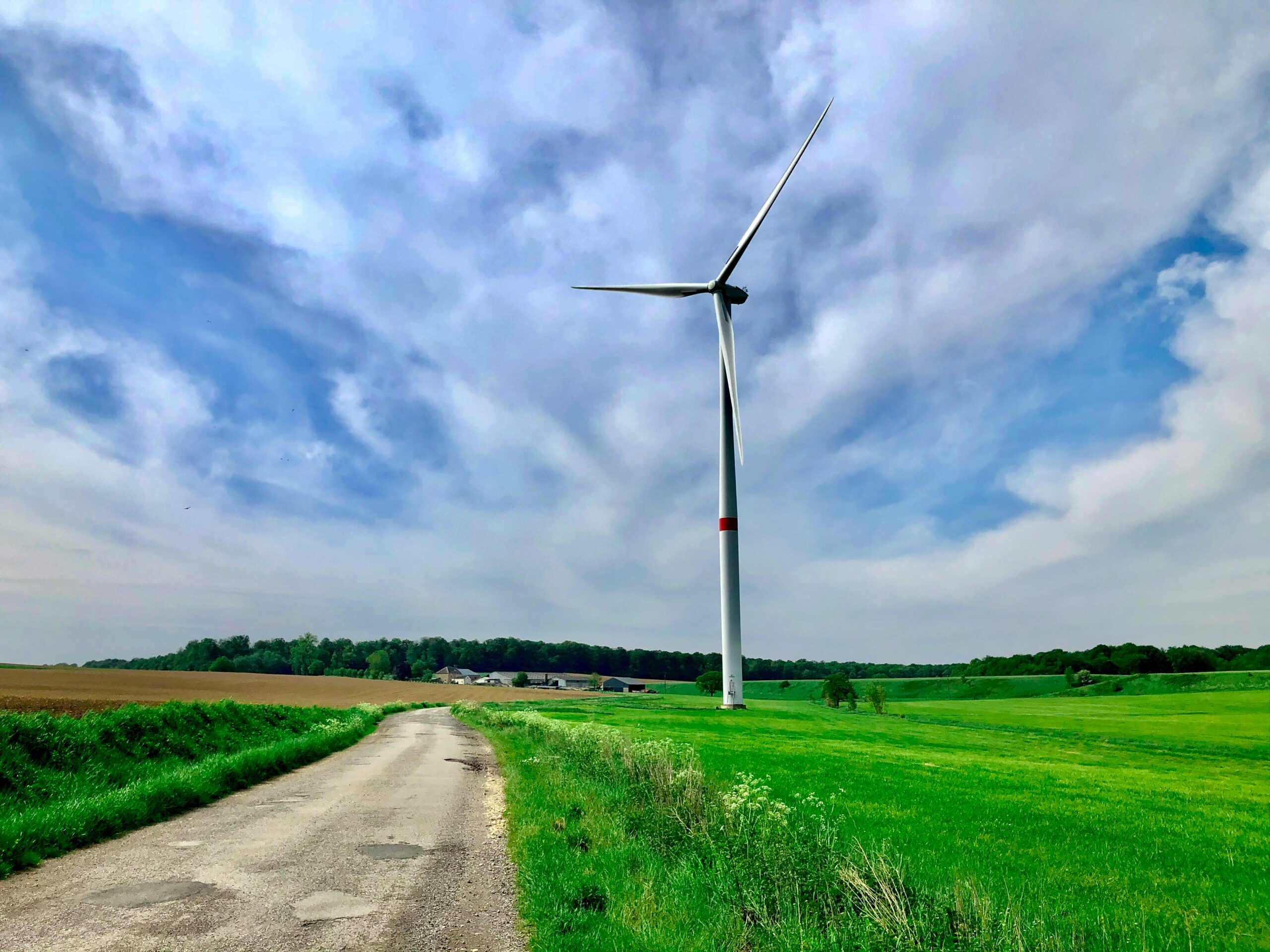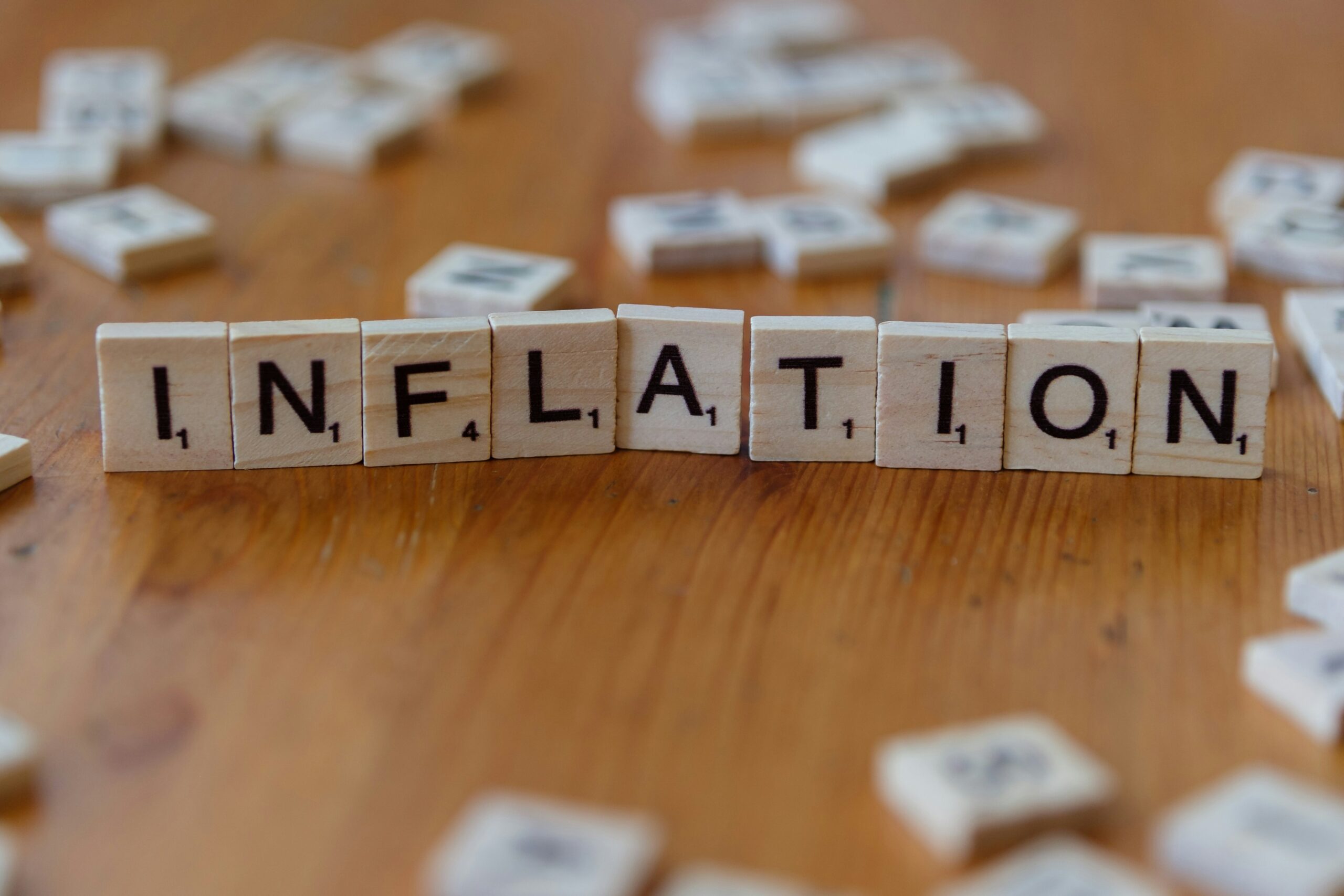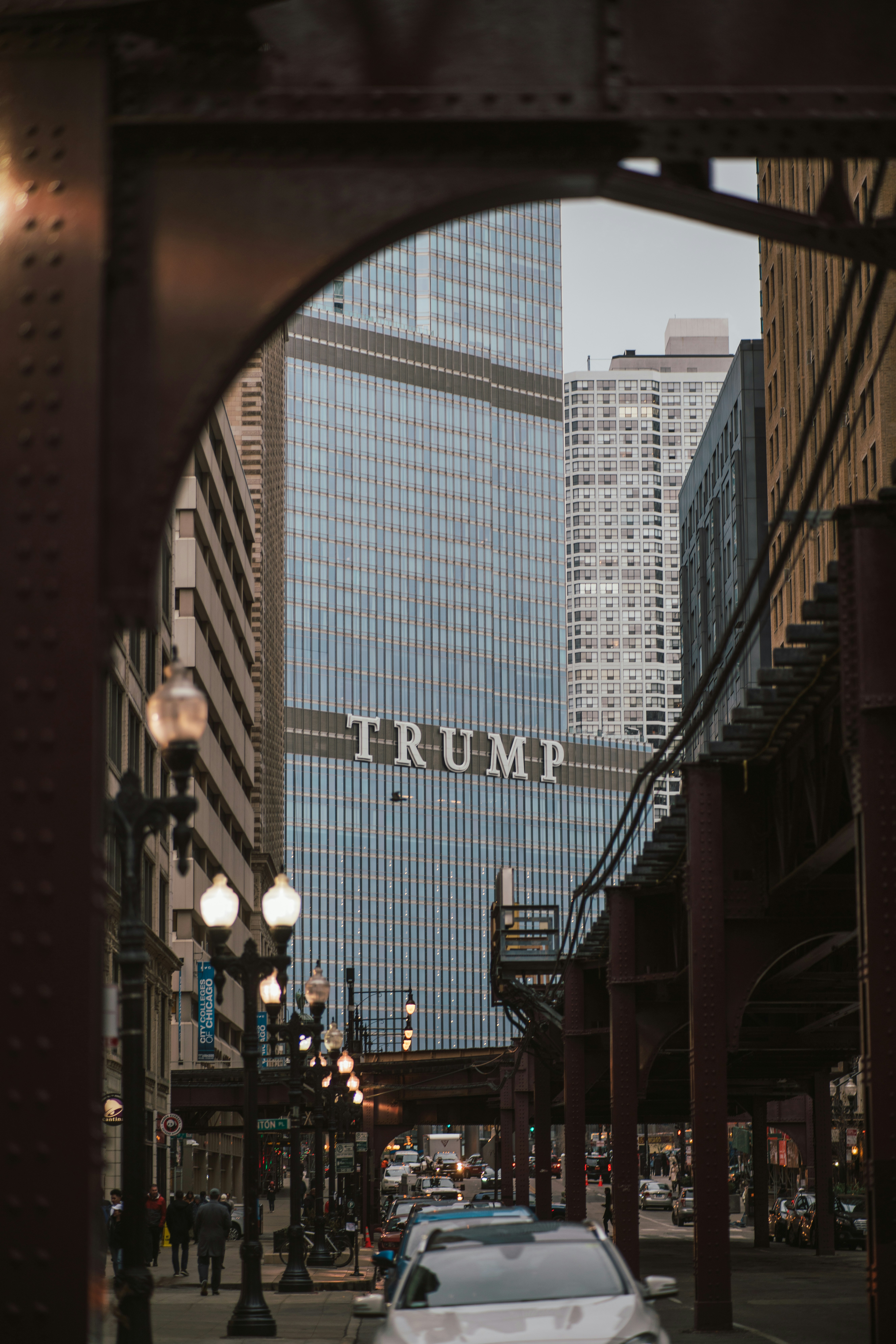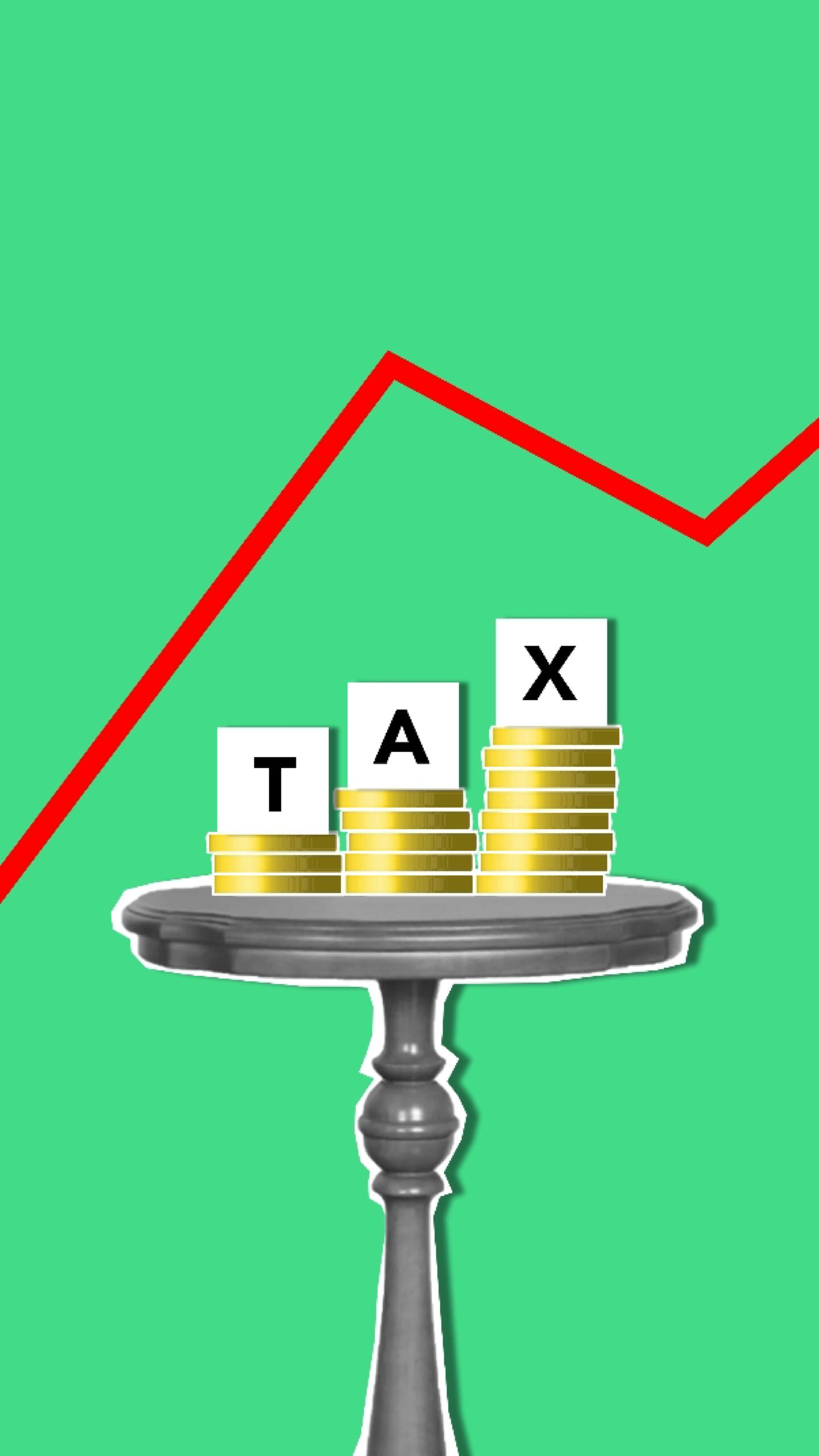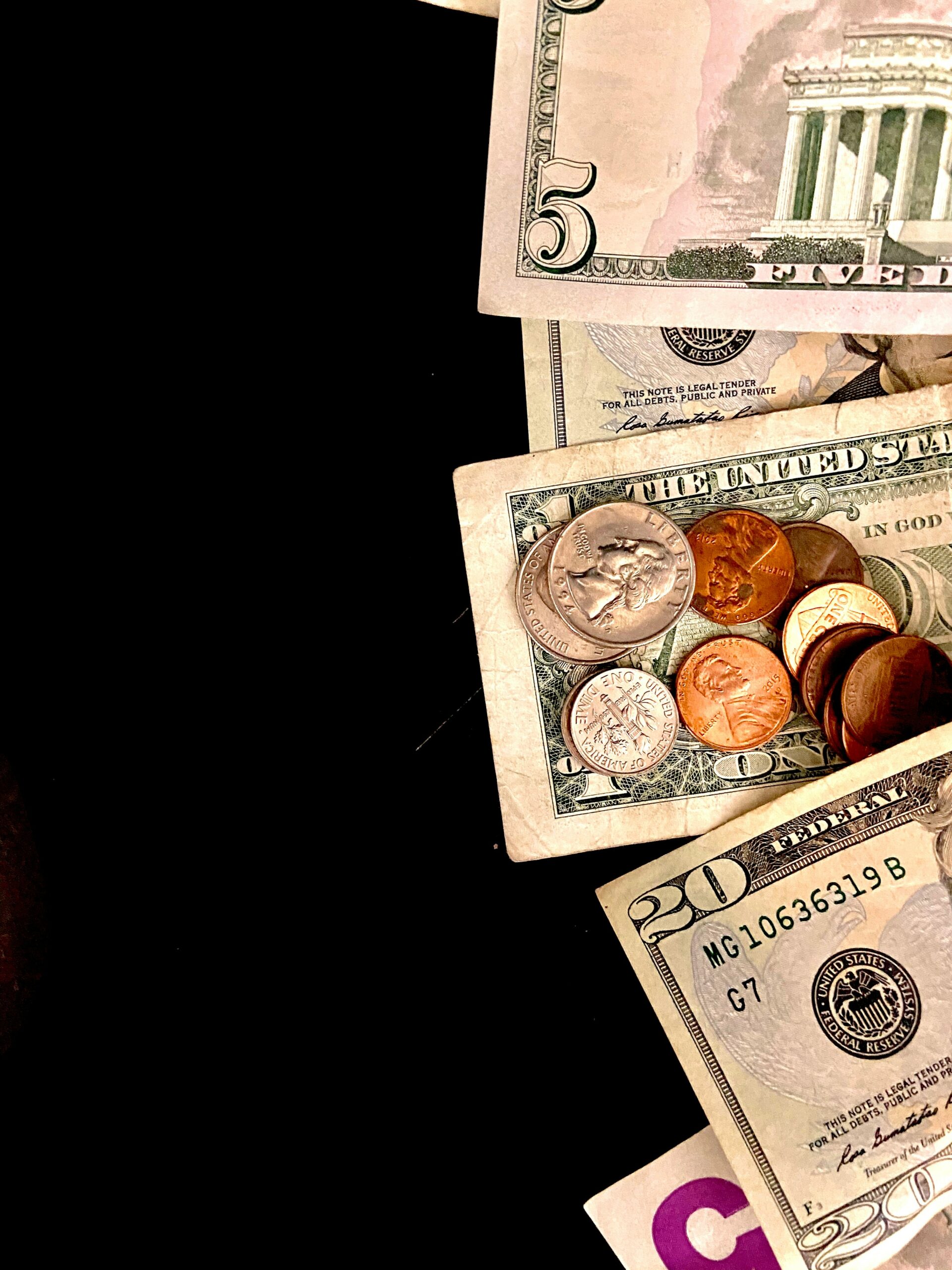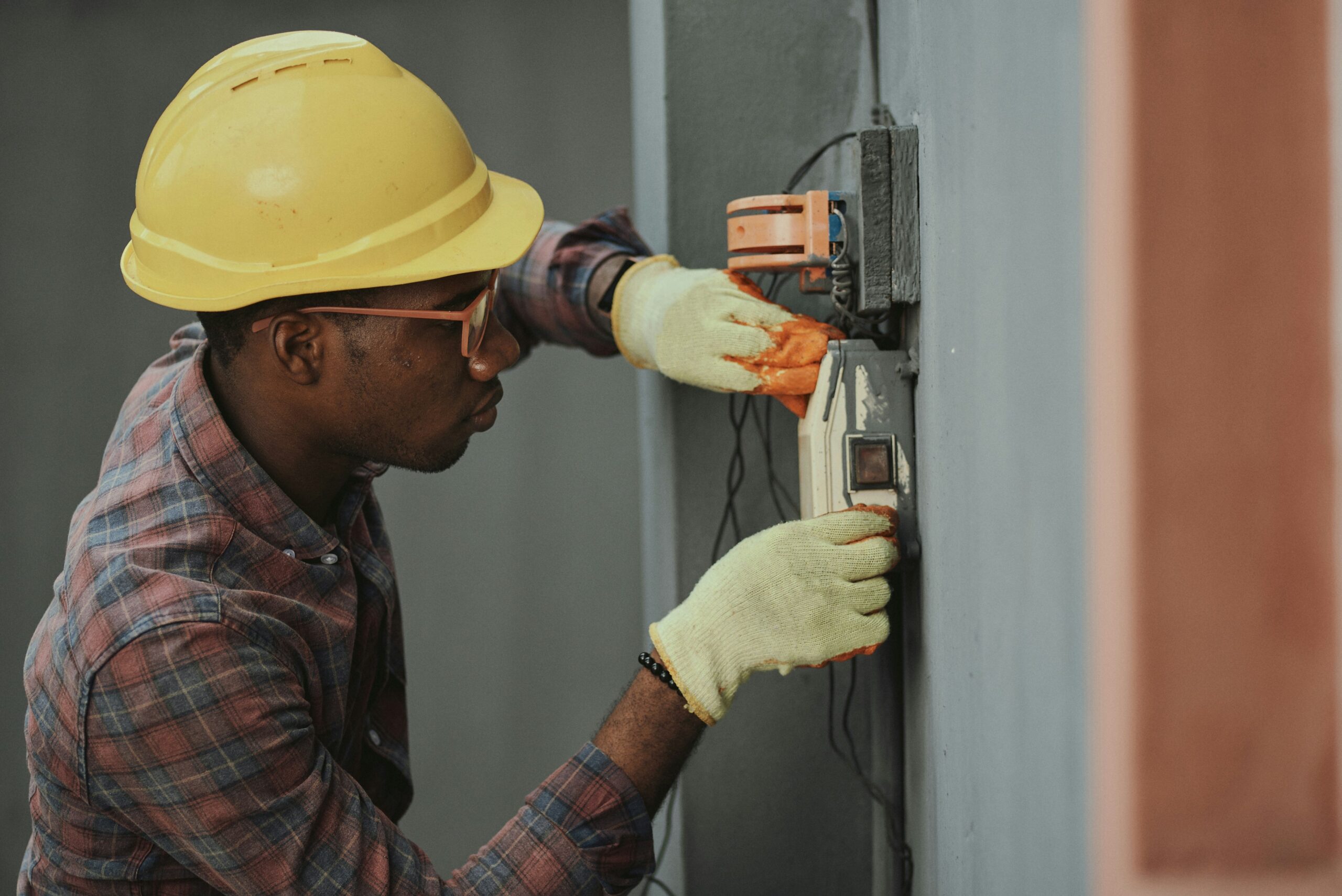Image credit: Unsplash
Small businesses have faced significant cutbacks in expenses and layoffs and have often barely broken even due to high inflation in 2024. Following Donald Trump’s presidential win was a shift in positive sentiments among entrepreneurs in America.
Small businesses are crucial for the American economy. Over half of the country’s employment depends on companies with less than 500 employees. The changing sentiment amongst small businesses marks a meaningful change in market sentiment amongst some of the economy’s most influential players.
Challenges Small Businesses Faced in 2024
High inflation majorly affected consumer spending in 2024. Rising prices made many Americans hesitant to spend money as freely, which mainly affected the restaurant industry.
Sergio’s Family Restaurants, which has 13 locations in Florida, was one of the many small businesses struggling to reach a net zero after the government lowered discretionary spending in response to inflation.
Additionally, rising labor costs and interest rates, which were intended to keep down inflation, affected many small businesses’ ability to repay loans.
In October 2024, the number of companies reporting lower sales in the past three months significantly increased, surpassing lower sales rates during the 2020 COVID-19 pandemic.
However, the data reported an increase in sales in November, adjusted for the natural increase in sales during the holidays. Financial experts speculate that increasing sales could be a result of Trump’s presidential election.
Shifts in Business Sentiments Post-Election
The president of Sergio’s Family Restaurants, Carlos Gazitua, said the restaurant’s revenue began to rise to 10% to 15% compared to before the election. The restaurants had seen a jump up to 25% just before Christmas.
Entrepreneurs like Gazitua are optimistic that Trump’s victory will bring lower taxes and reduced business regulations, helping small business owners bring in greater revenue. Gazitua has now planned to open two new restaurants next year, which are expected to cost $2M and can create 100 job opportunities.
Small business optimism has jumped to 8.5%, the highest rate since June 2021. The number of businesses expecting to expand and hire more employees has created a new three-year high.
Business Experts’ Opinion on Potential Economic Impact
Holly Wade, the executive director of NFIB’s (National Federation of Independent Business) research center, says, “The fear of massive tax increases and the continuation of a regulatory environment have been really troubling. They were desperate for a change in focus, and they got it.” She believes the election was a relief for many small business owners.
Oxford Economics’ chief US economist, Ryan Sweet, is more skeptical that Trump’s election will positively impact small businesses.
“The partisan bias reinforces our view that it’s more important to watch what consumers and businesses do, rather than what they say,” he explains.
Sweet would prefer to see what the Trump administration does for taxes and regulations before becoming too confident.
Tariffs: A Source of Uncertainty Among Experts
While many are optimistic about Trump’s plans to reduce taxes on small businesses, economists are concerned about Trump’s view on tariffs. The president-elect has voiced his desire to impose new tariffs on foreign countries and crack down on illegal immigration, which can lead to increased labor costs. Experts believe these policies may cause further inflation.
However, small business owners are less concerned about these policies, as Trump’s claims have been relatively unclear. Companies that import vital products and equipment from other countries share more concern over Trump’s tariff views.
A Mixed Economic Reaction
While some small business owners have shared excitement about Trump’s plan to cut taxes and regulations, others are concerned about his plan to impose new tariffs and immigration policies.
Job Creators Network CEO Alfredo Ortiz believes optimism fuels further investment opportunities among entrepreneurs.
As small businesses head into 2025, they must cautiously navigate a newly optimistic economy, which policy developments will influence after Trump’s presidential inauguration.





